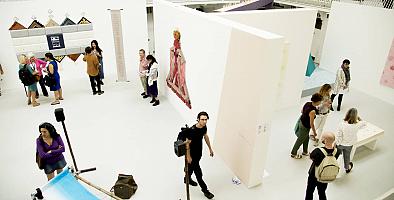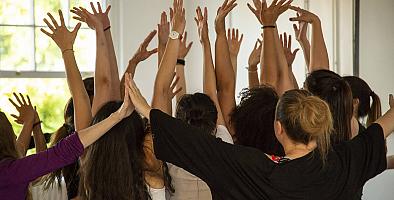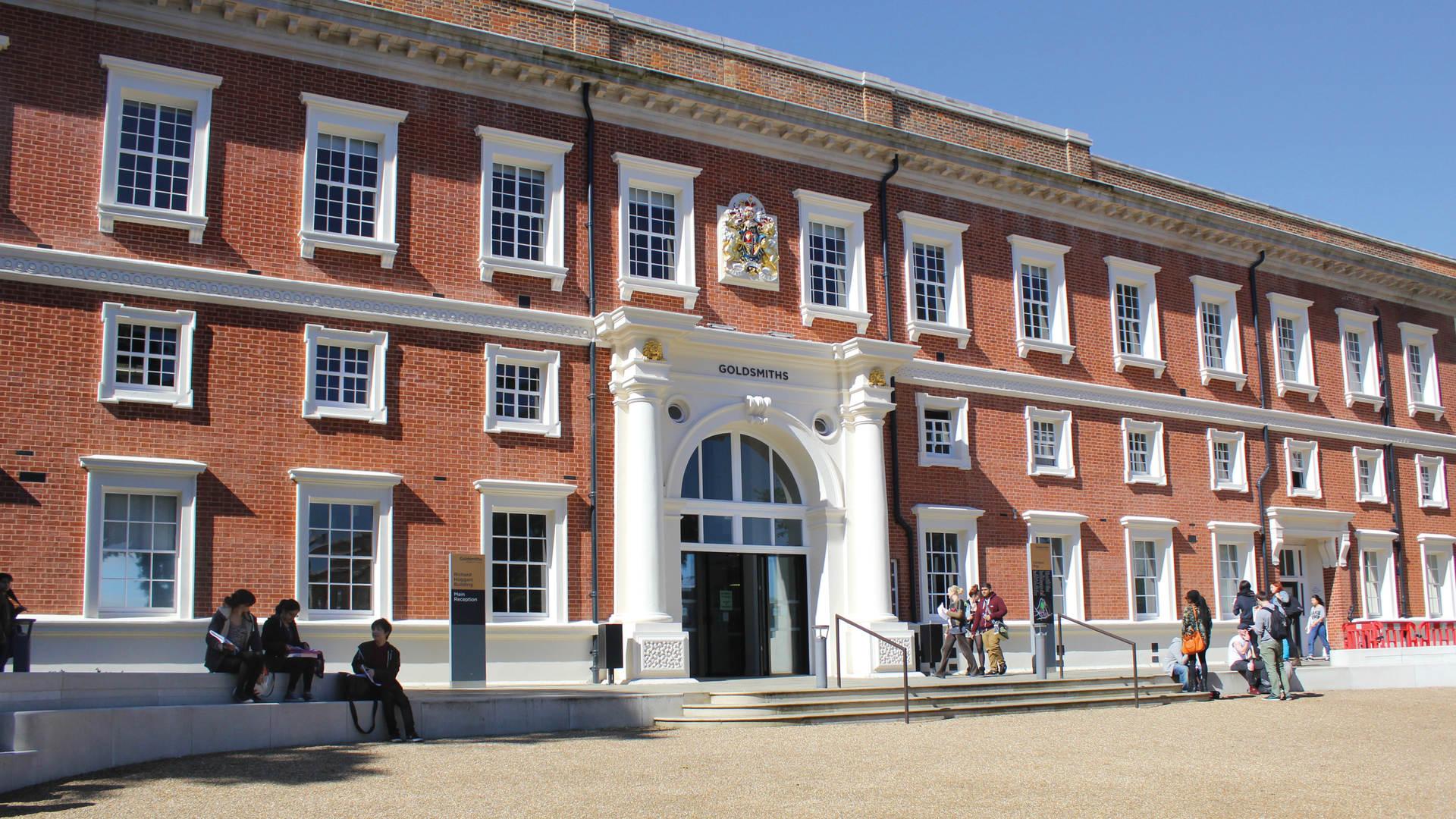Modes of study
The MA in Art Psychotherapy is a course that leads to successful applicants becoming eligible to apply for registration as an Arts Therapist with the Health and Care Professions Council (HCPC), the body which regulates and monitors standards of practice in the public sector. The programme can be studied in two modes - full-time for 2 years or part-time for 3 years. A clear indication of the mode chosen should be stated on application forms.
Full-time study
Year 1: all day Monday and Tuesday in college. Clinical placement days are usually Thursday and Friday. One day should be set aside for on-going studio practice where possible
Years 2: all day Tuesday in college plus two days clinical placement to be arranged on other days – usually two consecutive days and these are negotiated with your placement. There are also three two day blocks of time for experiential groups (Mondays and Tuesdays). One day should be set aside for on-going studio practice where possible.
Part-time study
Year 1: all day Monday and Tuesday in college. One day should be set aside for on-going studio practice where possible.
Year 2: all day Tuesday in college plus two days clinical placement to be arranged on other days – usually two consecutive days. There are also three two day blocks of time for experiential groups. One day should be set aside for on-going studio practice where possible.
Year 3: Half a day in college on Tuesdays with some full-time Tuesdays (the yearly timetable will have details of which Tuesdays are half day or full day), plus, two days clinical placement to be arranged on other days – usually two consecutive days. One day should be set aside for on-going studio practice where possible.
Most Mondays will run from 9.00am to 4.00pm; Tuesdays in year one vary but can be from 9.00am to 7.00pm. Times at placement are arranged with the particular organisation. The programme follows standard university terms; Term 1 – late September to early December. Term 2 – early January to late March. Term 3 – late April to early July.
The part-time programme allows trainees to continue with some paid work. However, the environment where such paid work is carried out cannot be used as a training placement, because of the inherent differences in role, expectations and responsibilities. Placements are arranged by art psychotherapy staff and placement allocation for both part-time students is made after discussion with staff.
Enquiries have sometimes been made about module-based study and correspondence study or distance learning. Because a large proportion of the course is based upon experiential learning in groups, these options are not possible. However, for students living outside London, it may be possible to arrange the clinical placement part of the course in other areas, if local supervision is available.
Personal therapy
It's a mandatory aspect of the course that all students must be in personal therapy for the duration of their training. It is usual for therapists to expect attendance throughout the calendar year except for usual holiday breaks; this may entail attendance outside term time.
Therapy may be on a group or individual basis and can be art therapy or verbal psychotherapy. Attendance must be at least once weekly. It must be stressed that it is not acceptable for a student to be in therapy with a trainee; all personal therapists should be qualified and registered with a relevant professional organisation. Students’ therapists will also be expected to register their professional details with the college. Contact is made with students' therapists at various points in the training to ensure that consistent attendance is being maintained.
Modules
All students will complete the following compulsory modules on either a full-time or part-time basis:
| Module title |
Credits |
|
Theory and Practice of Art Psychotherapy 1 A
|
15 credits |
|
Clinical Placement 1 A
|
15 credits |
|
Experiential Learning 1
|
15 credits |
|
Clinical Placement 1 B
|
30 credits |
|
Theory and Practice of Art Psychotherapy 1 B
|
30 credits |
|
Clinical Placement 2
|
30 credits |
|
Experiential Learning 2 A
|
15 credits |
|
Theory and Practice of Art Psychotherapy 2 A
|
0 credits |
|
Experiential Learning 2 B
|
15 credits |
|
Theory and Practice of Art Psychotherapy 2 B
|
60 credits |
Assessment
Assessed by assignment, portfolio, case study, presentation, dissertation, reports and logs.
Download the programme specification.
Please note that due to staff research commitments not all of these modules may be available every year.





